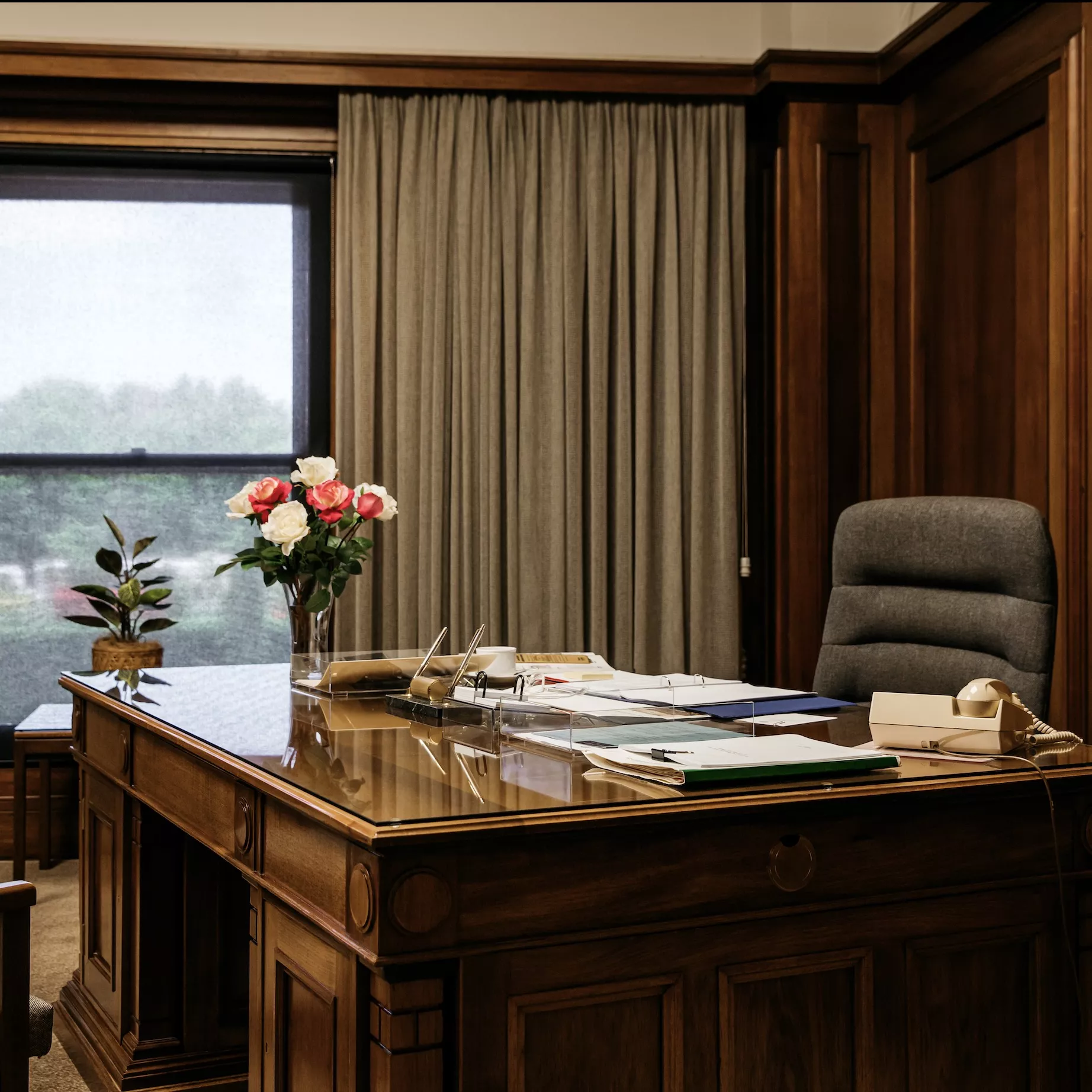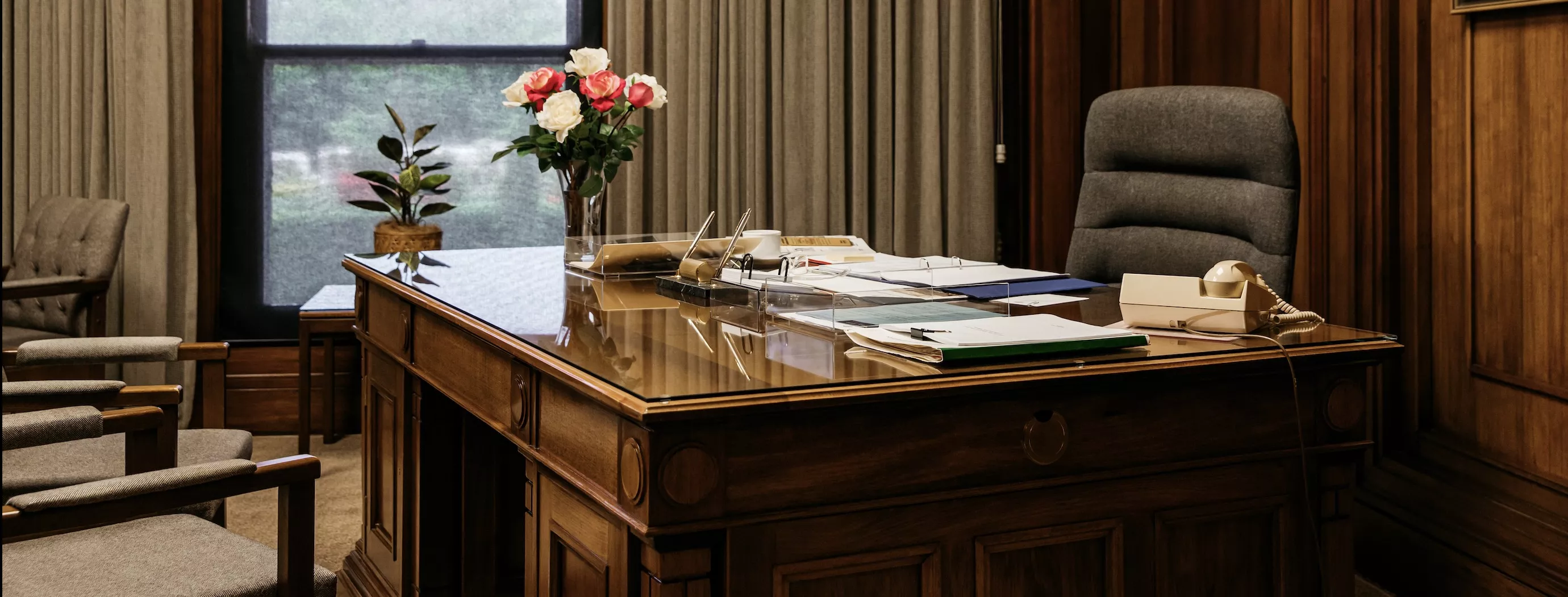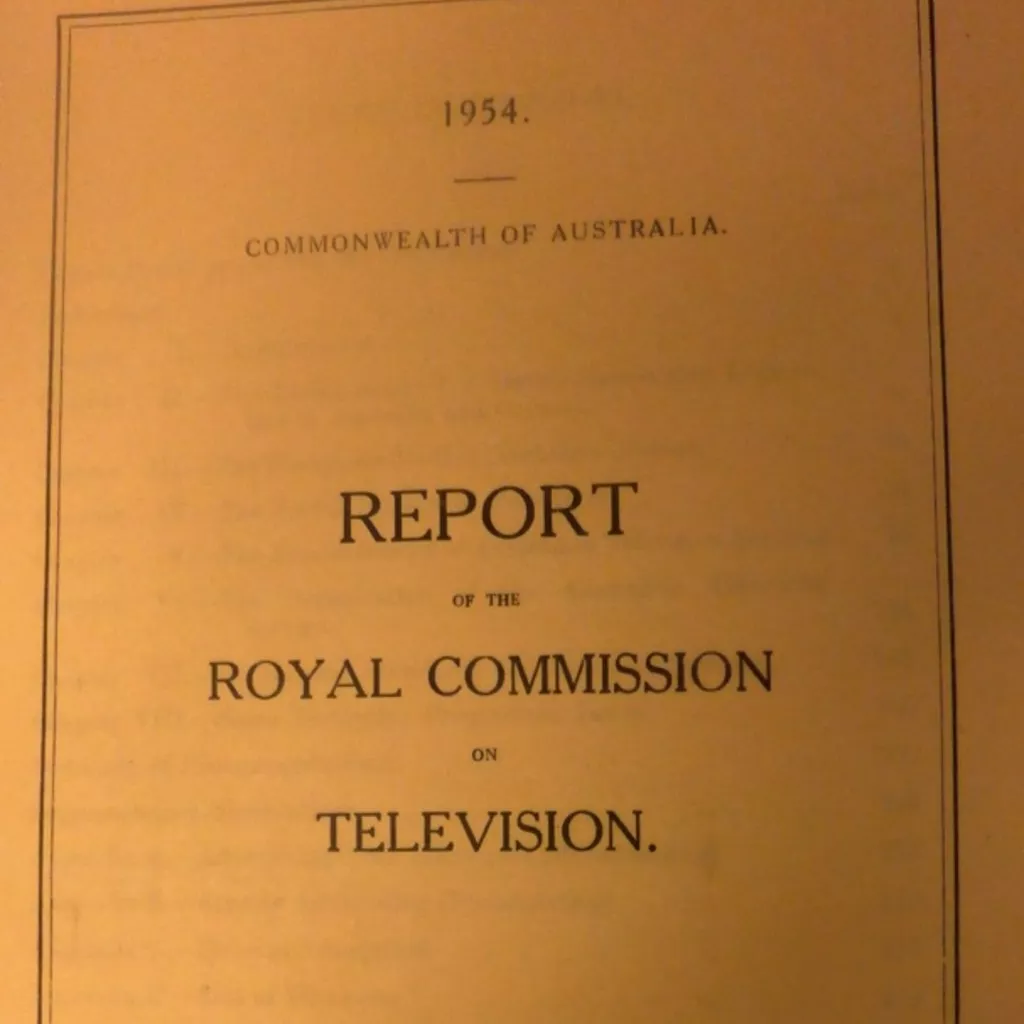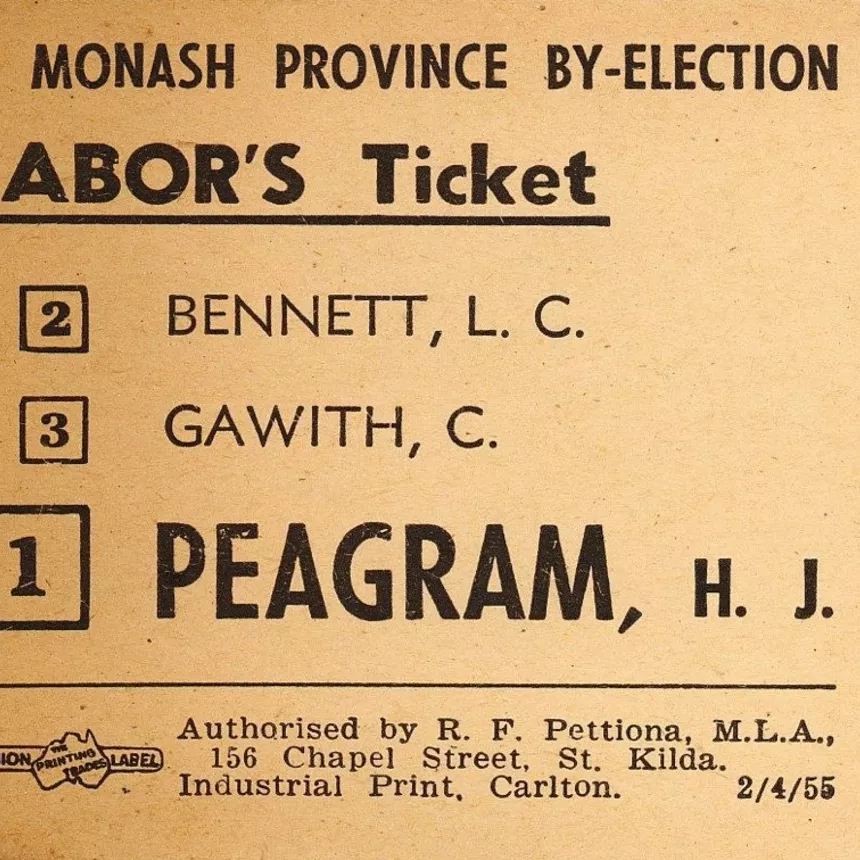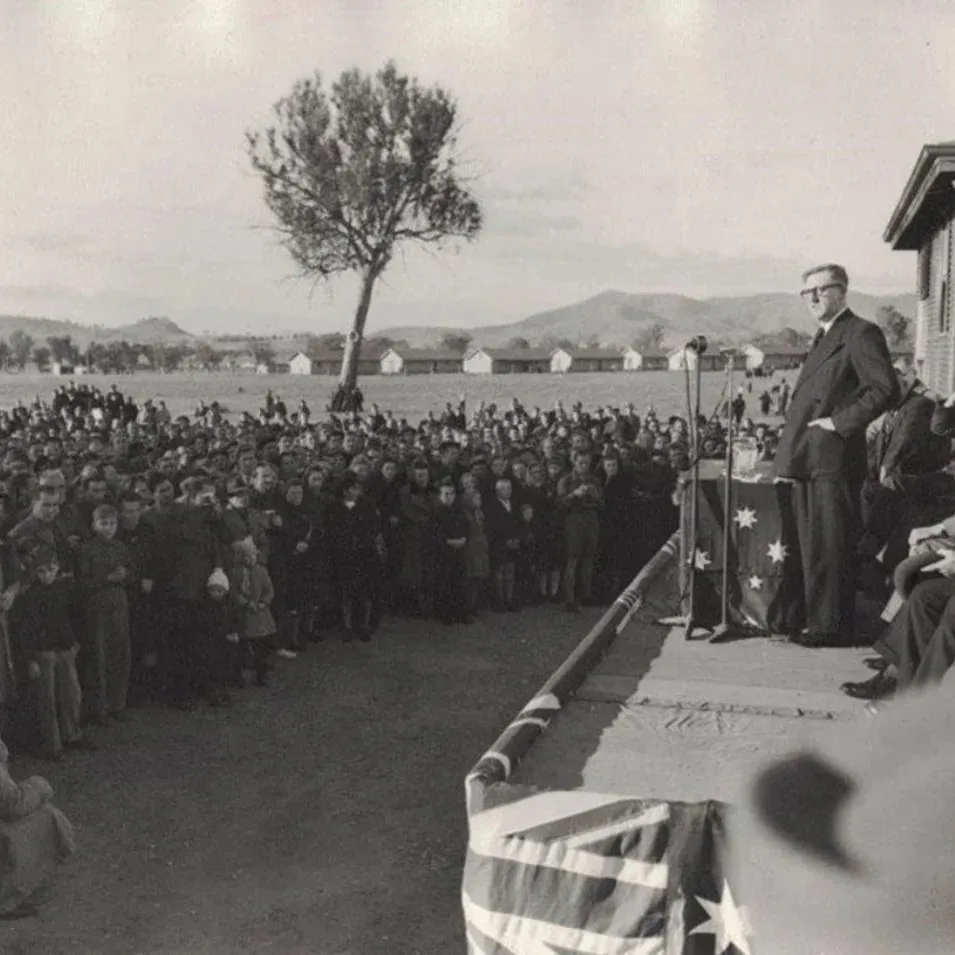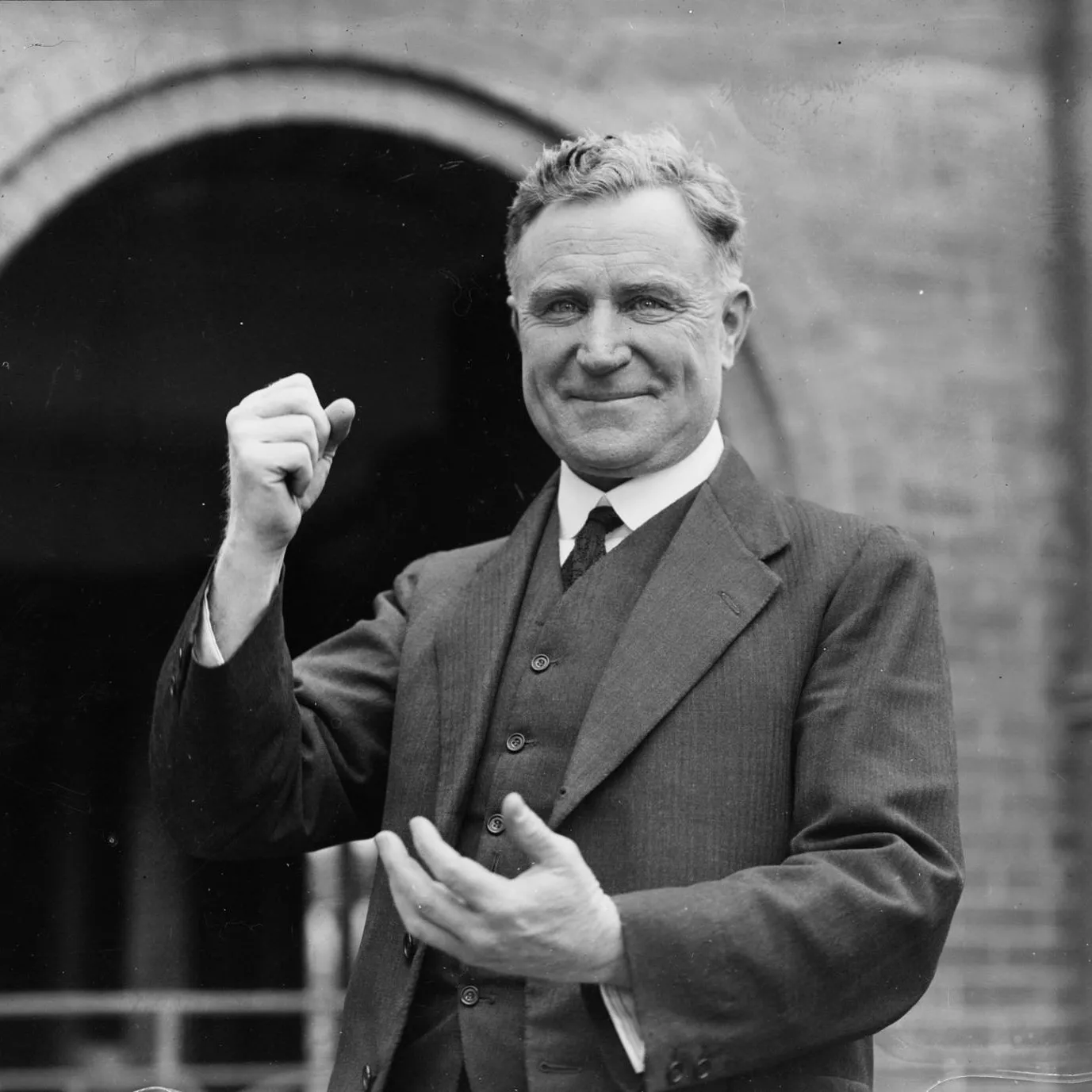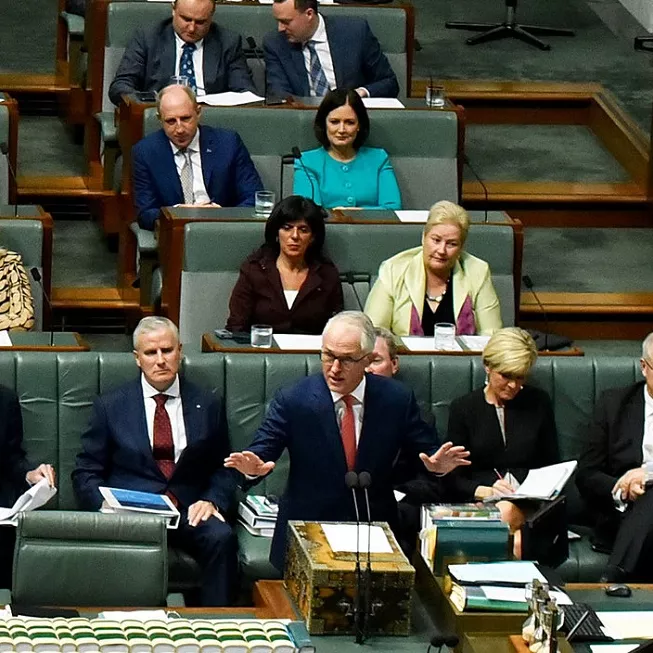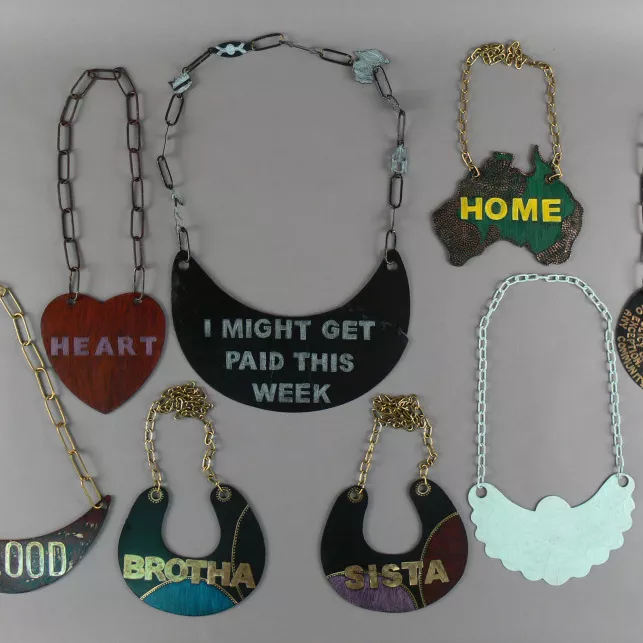Mr Speaker!
- DateWed, 18 Apr 2012
At the beginning of March 2012 a Queensland Times newspaper read 'Slipper tally: 26 pollies ejected', and a few days later a headline in the Age shouted 'The revenge of Peter Slipper'.
Similar headlines became common over those months as new Speaker of the House of Representatives, Peter Slipper, removed a number of prominent Members from the House for poor conduct and language. Although the media commentary made it appear that Peter Slipper is being unusually harsh, a look at the history books shows that he is acting well within the guidelines of his demanding role.
As well as the need to display complete impartiality, one of the key duties of the Speaker is to ensure that the rules of parliamentary procedure as embodied in the standing orders and practice are accurately and correctly interpreted and applied. Since Australia’s first federal parliament in 1901, various Speakers have carried out this duty in their own individual way. Australia’s first Speaker of the House of Representatives, Sir Frederick Holder, had the difficult task of adapting procedures and standing orders from both the colonial parliaments and the Westminster Parliament for the new federal arena. While he was scrupulously fair and impartial the demands of the job, combined with poor health and an aversion to the combative nature of the House, all took a terrible toll. On 23 July 1909 Holder collapsed in the chamber at the tail end of a particularly bruising 14-hour parliamentary session. As he was taken away for treatment he is reputed to have muttered the words ‘Dreadful, dreadful’, and he died from a cerebral haemorrhage later in the day.
Speakers have not always been impartial however, and two in particular used their positions to express decidedly partisan views. John Solomon Rosevear, elected by the government of John Curtin, was perhaps one of our most controversial Speakers. In 1946 he followed the maiden speech of former NSW Premier and new federal Member for Reid, Jack Lang, with a vitriolic attack on Lang, a man he had once supported. Rosevear’s successor, the popular Archie Cameron, deeply embarrassed the Menzies government in 1950 when he made what amounted to a personal attack on the Governor-General of the time, William McKell, from the chamber. Opposition Leader Ben Chifley moved a motion of censure against him but Menzies was successful in defending him.
Peter Slipper’s actions in ‘sin-binning’ Members who have used unacceptable language seem relatively tame in comparison to some of his predecessors. The job of trying to maintain order in the House, particularly during Question Time, has never been an easy one. In his maiden speech Slipper warned that he would be acting to curb unruly behaviour and language, giving Members little if any warning of an ejection. He has been putting his words into practice ever since, and many observers approve of his actions.
Come and see the Speaker of the House of Representatives suite of rooms at the museum or read about these rooms on our website.

